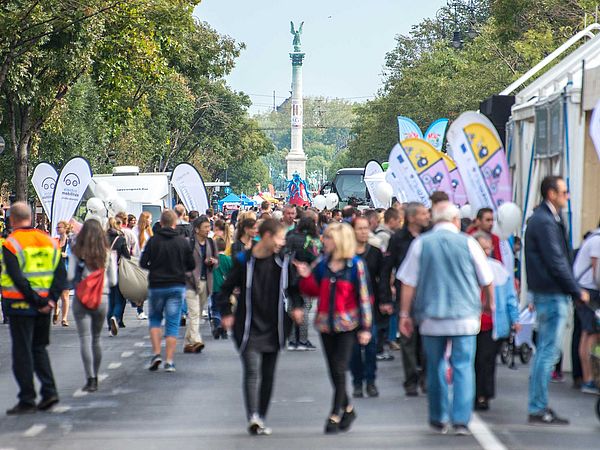
Budapest is an important hub of Central-Eastern Europe and the 9th largest metropolitan area of the European Union, with 1.75 million inhabitants and an extensive public transport system. The targeted area is the track-bound service (metro and tram) of Budapest. Budapest has a 39 km long metro network on four lines and one of the greatest tram network in Europe, which has been extended in 2016. Providing equal transport services for all is key priority, however the metro and tram networks in Budapest are currently not accessible for everyone.
As approximately 10-15% of all public transport users are somehow reduced in their mobility (disabled, visually impaired, passengers with luggage, temporarily disabled people, or even people who do not speak the country’s language), it is vital to involve all people. The general comprehension about accessibility is that it is an additional expenditure solely for disabled people. The objective of the Budapest pilot lab is to re-educate the public through campaigns and retrain the staff to change the attitude towards passengers with disability in order to create an inclusive and equitable environment which stimulates everyone to help passengers with reduced mobility, thus creating a more effective system.
The focus of the INCLUSION Pilot Lab in Budapest will initially be on launching campaigns for the wider public and for staff to create a stimulating environment for social inclusion (assisting people with reduced mobility at stops and stations). Recent improvements in the accessibility of the built infrastructure are yet to be matched with similar improvements in social inclusion. Furthermore, encouraging cooperation among all stakeholders of people who need assistance is also an important aim.
http://www.bkk.hu/
https://www.facebook.com/bkkbudapest/
Guide for the development of equal access to Budapest’s public transport services through training of the personnel - TRAINING MATERIAL made in 2019